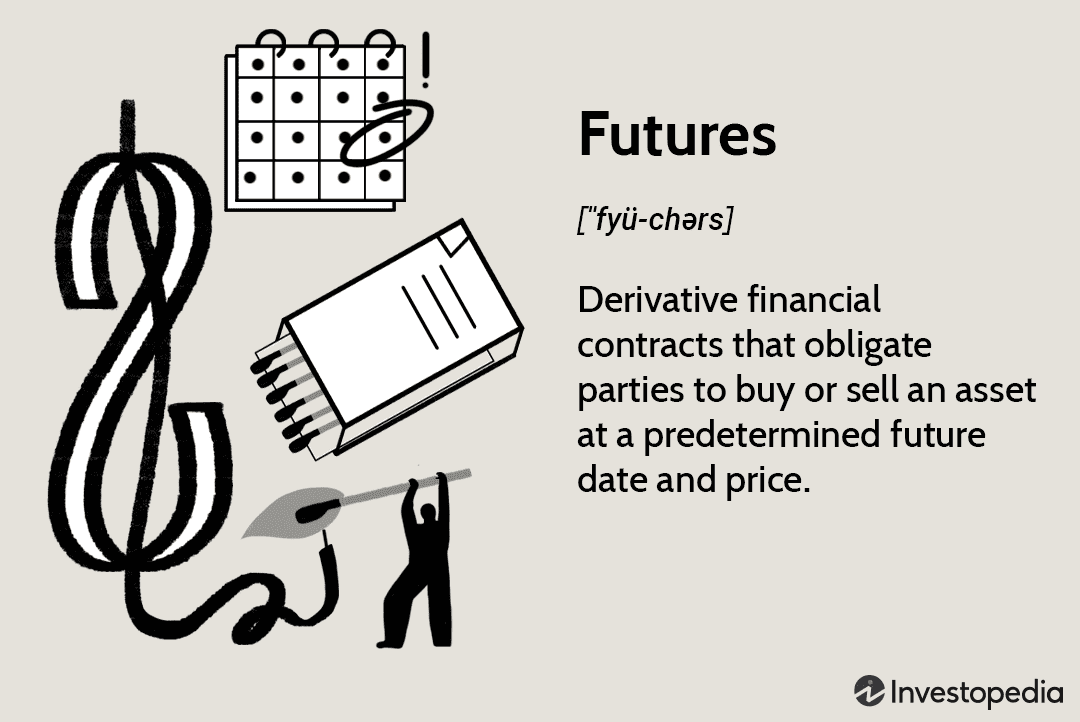
You can reap many benefits from investing in global property funds. These funds not only provide income but also have the potential for capital appreciation. The Global Real Estate Fund invests in real estate to generate income and growth. It seeks to maximize your return on investment over a long term. But how do you choose a global real estate fund? These are some important things to consider:
Investing objectives
A global fund for real estate may be a good option, regardless of your interest in long-term income and capital appreciation. These funds invest in equities and global real estate investment trusts. These funds generally select complementary managers from a large universe of investment managers, blending them into a single fund with a common investment objective. Global realty funds can be a great way to diversify your portfolio, even though you may pay higher fees or receive lower returns than one manager would by investing only in one security.

Asset allocation
Although diversification can be a key component in portfolio construction, global real-estate funds are not likely to reflect this. Surveys of institutional investors across Europe found that 49% have a realty portfolio that is entirely made up of domestic assets. Only 5% of institutional investors in Europe allocate more that half of their funds for non-domestic property. It is therefore important to choose the best asset class for your money.
Market risk
It is quite surprising that there are not enough global real property funds, given the size of some of the most powerful real estate managers. The top 20 real estate managers have grown almost three-fold since 2002, with total assets under management exceeding $1.5 trillion. With some fund managers taking direct positions and others working with a small group of partners, the number of fund managers is on the rise. The risk profile of these funds is similar to that of other asset classes, with positive returns recorded since inception. However, due to the equity component, publicly traded real estate investment trusts appear to be the most volatile among the tools. All tools are viable options to build a global diversified portfolio with low risk/return.
Dividend yields
A real estate fund is a great way to diversify your portfolio. These funds invest in real estate companies around the world and can offer broad exposure to the industry. While some funds are specific to a region or sub-sector, others can be global. A real estate fund can help you increase your income regardless of where you are investing. Here are some examples.

Diversification
You may believe that a Global Real Estate fund only invests in US properties. This is incorrect. Global Real Estate funds are a great way to diversify your investments and gain exposure to Asian, European, or US markets. These funds can invest not only in US properties but also in specialty living properties and self-storage. You'll be able to diversify your real estate portfolio and also get exposure to areas with high growth potential such as cell towers, data centres, healthcare reits, specialty living properties, and cell towers.
FAQ
Can bonds be traded
Yes, they do! You can trade bonds on exchanges like shares. They have been trading on exchanges for years.
The main difference between them is that you cannot buy a bond directly from an issuer. You will need to go through a broker to purchase them.
This makes it easier to purchase bonds as there are fewer intermediaries. This means that you will have to find someone who is willing to buy your bond.
There are many kinds of bonds. While some bonds pay interest at regular intervals, others do not.
Some pay interest annually, while others pay quarterly. These differences make it easy compare bonds.
Bonds can be very helpful when you are looking to invest your money. Savings accounts earn 0.75 percent interest each year, for example. The same amount could be invested in a 10-year government bonds to earn 12.5% interest each year.
If you were to put all of these investments into a portfolio, then the total return over ten years would be higher using the bond investment.
What is a Stock Exchange, and how does it work?
A stock exchange is where companies go to sell shares of their company. This allows investors to buy into the company. The market sets the price for a share. The market usually determines the price of the share based on what people will pay for it.
Investors can also make money by investing in the stock exchange. Investors give money to help companies grow. They buy shares in the company. Companies use their money for expansion and funding of their projects.
A stock exchange can have many different types of shares. Some shares are known as ordinary shares. These are most common types of shares. These are the most common type of shares. They can be purchased and sold on an open market. The prices of shares are determined by demand and supply.
Other types of shares include preferred shares and debt securities. When dividends become due, preferred shares will be given preference over other shares. Debt securities are bonds issued by the company which must be repaid.
Why is a stock called security?
Security is an investment instrument whose value depends on another company. It can be issued by a corporation (e.g. shares), government (e.g. bonds), or another entity (e.g. preferred stocks). The issuer promises to pay dividends and repay debt obligations to creditors. Investors may also be entitled to capital return if the value of the underlying asset falls.
What is a Bond?
A bond agreement is a contract between two parties that allows money to be transferred for goods or services. Also known as a contract, it is also called a bond agreement.
A bond is usually written on a piece of paper and signed by both sides. This document contains information such as date, amount owed and interest rate.
A bond is used to cover risks, such as when a business goes bust or someone makes a mistake.
Bonds are often used together with other types of loans, such as mortgages. This means that the borrower must pay back the loan plus any interest payments.
Bonds can also help raise money for major projects, such as the construction of roads and bridges or hospitals.
A bond becomes due upon maturity. This means that the bond's owner will be paid the principal and any interest.
Lenders lose their money if a bond is not paid back.
Who can trade on the stock exchange?
Everyone. There are many differences in the world. Some people are more skilled and knowledgeable than others. So they should be rewarded for their efforts.
But other factors determine whether someone succeeds or fails in trading stocks. If you don’t know the basics of financial reporting, you will not be able to make decisions based on them.
Learn how to read these reports. Each number must be understood. You must also be able to correctly interpret the numbers.
You will be able spot trends and patterns within the data. This will help you decide when to buy and sell shares.
If you're lucky enough you might be able make a living doing this.
How does the stock market work?
You are purchasing ownership rights to a portion of the company when you purchase a share of stock. Shareholders have certain rights in the company. He/she has the right to vote on major resolutions and policies. He/she may demand damages compensation from the company. And he/she can sue the company for breach of contract.
A company cannot issue any more shares than its total assets, minus liabilities. This is called capital adequacy.
A company with a high ratio of capital adequacy is considered safe. Low ratios can be risky investments.
What is the main difference between the stock exchange and the securities marketplace?
The entire list of companies listed on a stock exchange to trade shares is known as the securities market. This includes stocks, options, futures, and other financial instruments. Stock markets can be divided into two groups: primary or secondary. Primary stock markets include large exchanges such as the NYSE (New York Stock Exchange) and NASDAQ (National Association of Securities Dealers Automated Quotations). Secondary stock markets are smaller exchanges where investors trade privately. These include OTC Bulletin Board Over-the-Counter (Pink Sheets) and Nasdaq ShortCap Market.
Stock markets are important for their ability to allow individuals to purchase and sell shares of businesses. Their value is determined by the price at which shares can be traded. When a company goes public, it issues new shares to the general public. These shares are issued to investors who receive dividends. Dividends are payments made by a corporation to shareholders.
Stock markets provide buyers and sellers with a platform, as well as being a means of corporate governance. The boards of directors overseeing management are elected by shareholders. They ensure managers adhere to ethical business practices. If a board fails to perform this function, the government may step in and replace the board.
Statistics
- US resident who opens a new IBKR Pro individual or joint account receives a 0.25% rate reduction on margin loans. (nerdwallet.com)
- Our focus on Main Street investors reflects the fact that American households own $38 trillion worth of equities, more than 59 percent of the U.S. equity market either directly or indirectly through mutual funds, retirement accounts, and other investments. (sec.gov)
- "If all of your money's in one stock, you could potentially lose 50% of it overnight," Moore says. (nerdwallet.com)
- Individuals with very limited financial experience are either terrified by horror stories of average investors losing 50% of their portfolio value or are beguiled by "hot tips" that bear the promise of huge rewards but seldom pay off. (investopedia.com)
External Links
How To
How to make a trading plan
A trading plan helps you manage your money effectively. It will help you determine how much money is available and your goals.
Before you begin a trading account, you need to think about your goals. It may be to earn more, save money, or reduce your spending. You may decide to invest in stocks or bonds if you're trying to save money. If you are earning interest, you might put some in a savings or buy a property. Perhaps you would like to travel or buy something nicer if you have less money.
Once you decide what you want to do, you'll need a starting point. This depends on where you live and whether you have any debts or loans. You also need to consider how much you earn every month (or week). Income is what you get after taxes.
Next, save enough money for your expenses. These include rent, food and travel costs. These all add up to your monthly expense.
You will need to calculate how much money you have left at the end each month. This is your net income.
This information will help you make smarter decisions about how you spend your money.
To get started, you can download one on the internet. Ask an investor to teach you how to create one.
Here's an example: This simple spreadsheet can be opened in Microsoft Excel.
This will show all of your income and expenses so far. Notice that it includes your current bank balance and investment portfolio.
And here's a second example. This was created by an accountant.
It will help you calculate how much risk you can afford.
Remember: don't try to predict the future. Instead, think about how you can make your money work for you today.